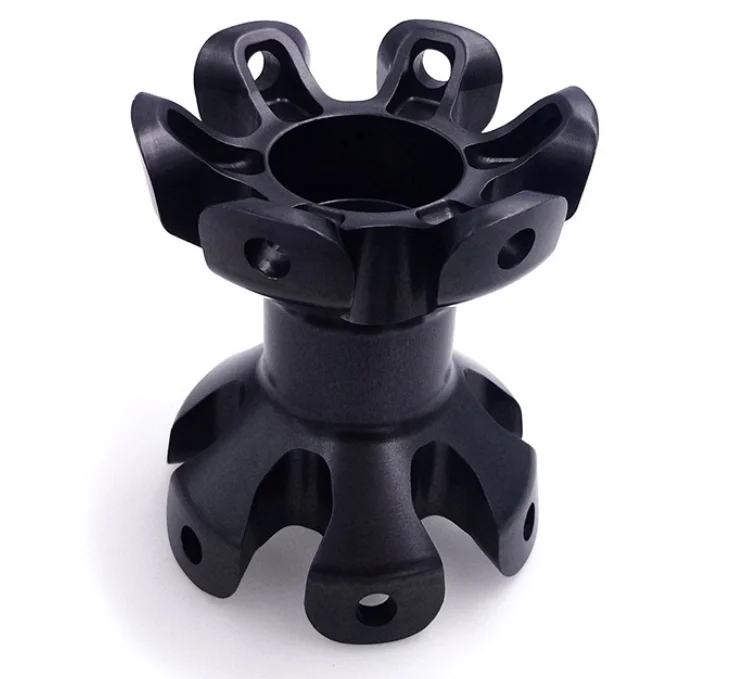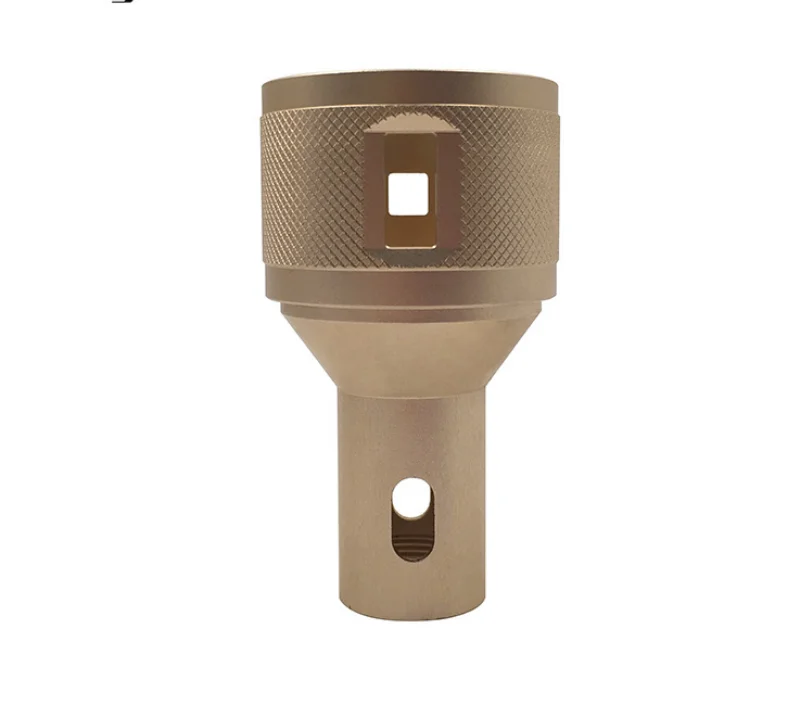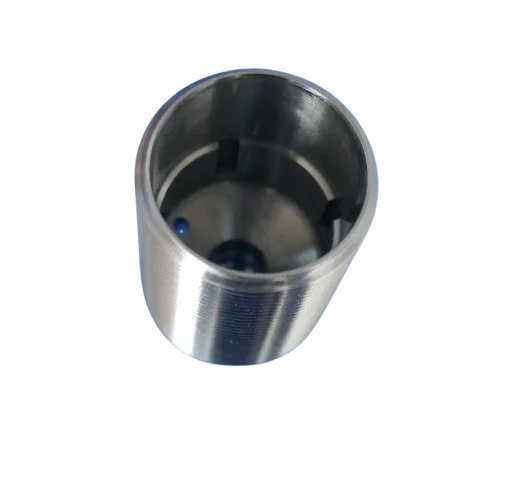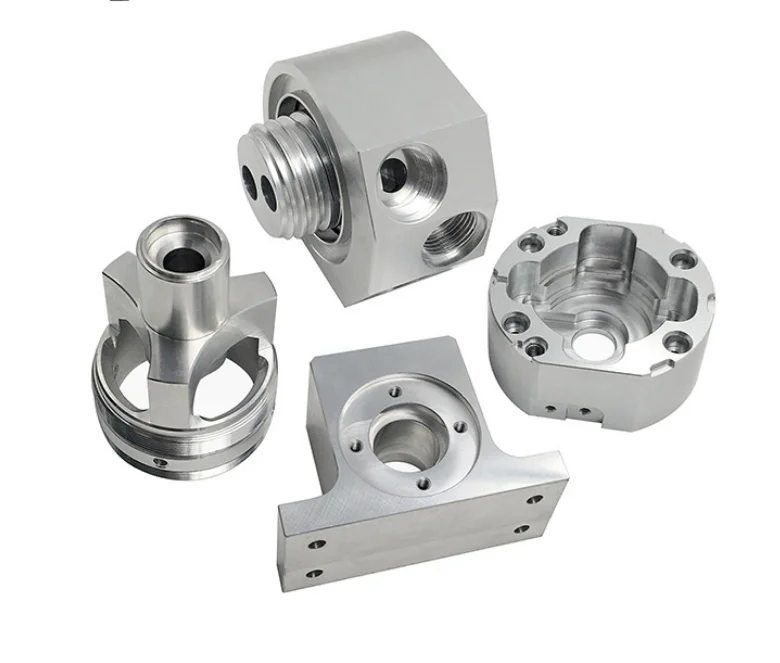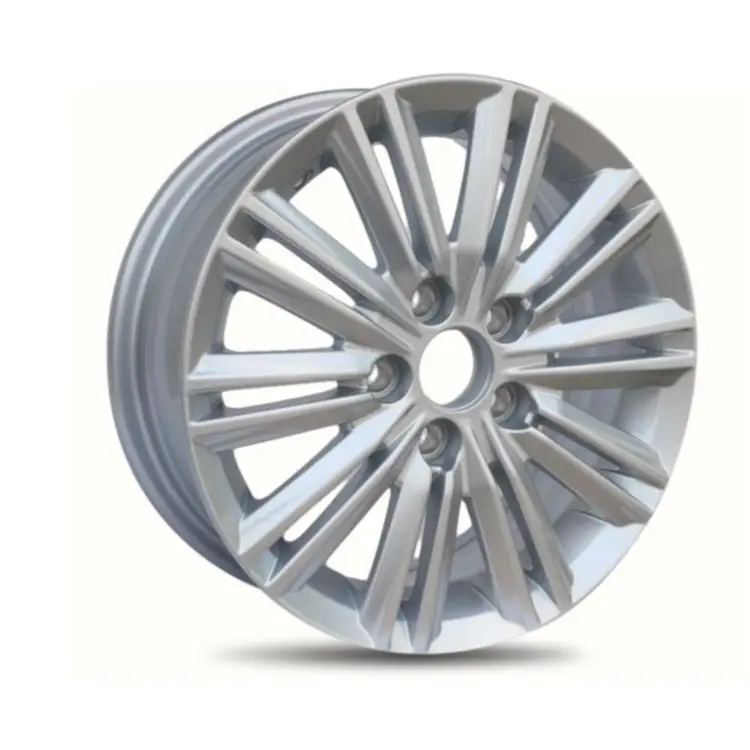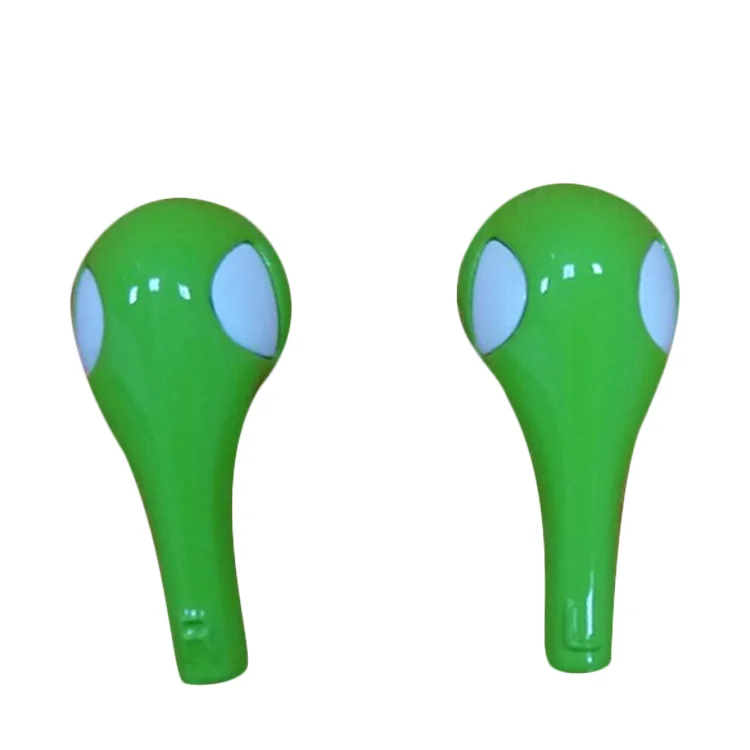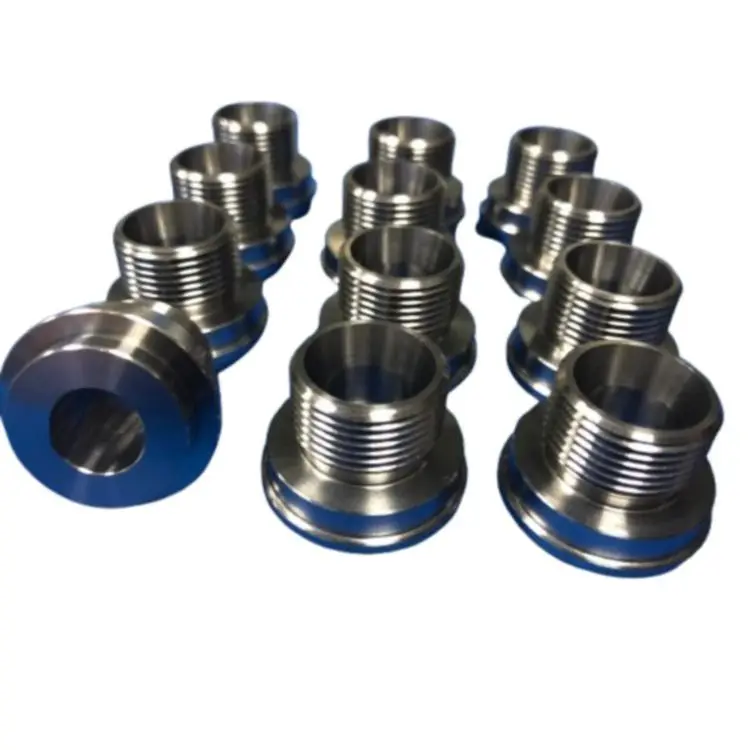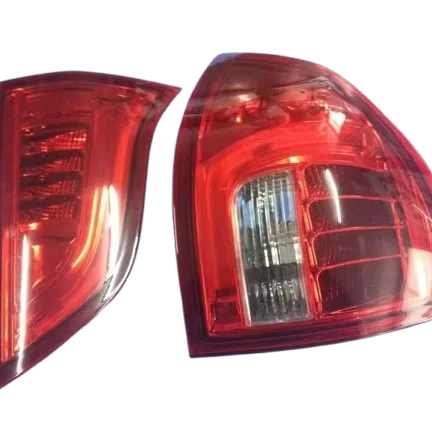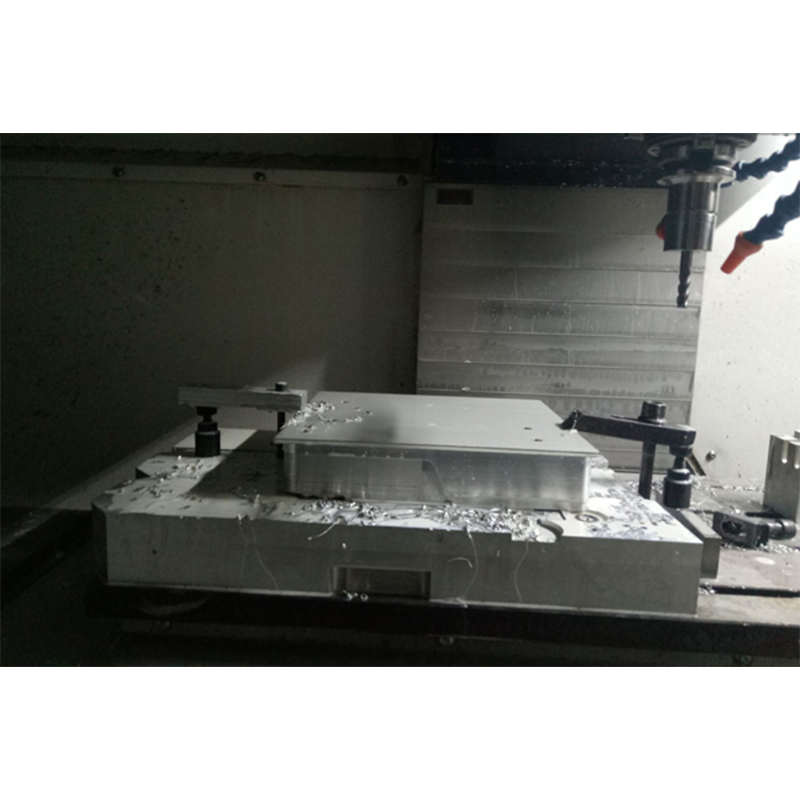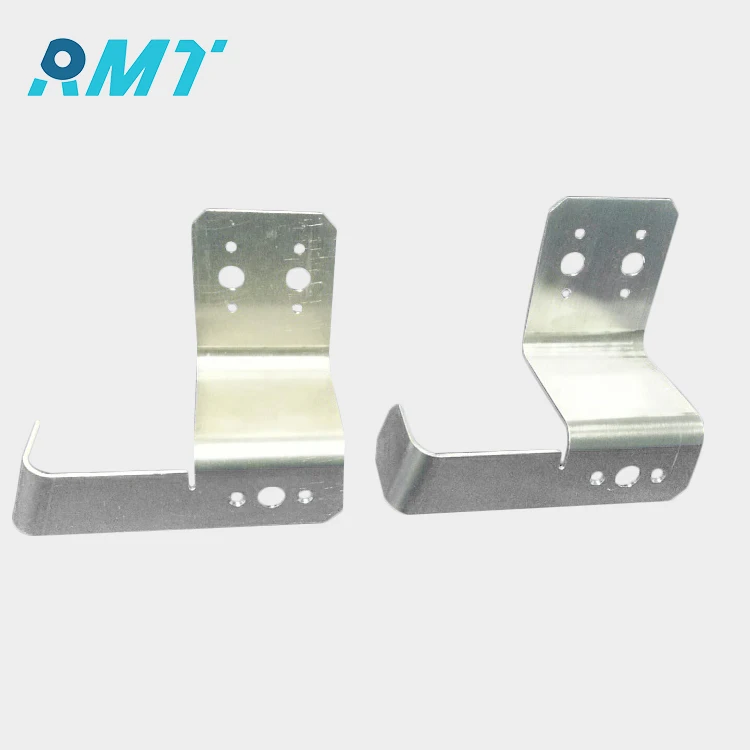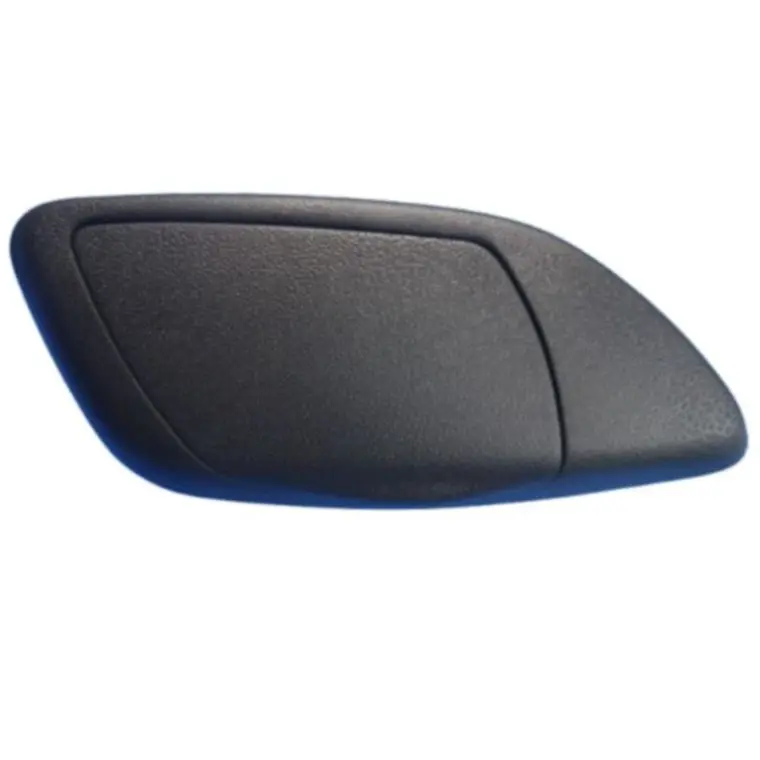Quality CNC Machining Services for Custom Alloy Parts
Precision CNC Machining for Custom Alloy Components
Benefits of Integrated Turning, Milling & Welding Services
Integrated machining services, encompassing turning, milling, and welding, offer a streamlined approach to manufacturing precision components. By conducting all operations under one roof, manufacturers can enhance production efficiency and significantly reduce lead times. This integrated approach minimizes the risk of misalignment or dimensional errors that often occur when components are transferred between different suppliers. Performing all processes in-house ensures higher precision and quality control of the final products, which is crucial for meeting the stringent standards required by industries such as aerospace and automotive.
Tolerance Standards for Aerospace & Automotive Applications
The aerospace and automotive sectors demand specific tolerance standards to ensure safety and performance. Aerospace components usually require extremely tight tolerances, often within ±0.001 inches, as mandated by regulatory requirements and stringent safety standards. In contrast, automotive applications, while still demanding precision, may allow slightly wider tolerances which must be clearly defined to ensure parts are compatible and functional. Compliance with official standards such as AS9100 for aerospace and IATF 16949 for automotive is essential for manufacturers aiming to penetrate these industries. Adhering to these standards not only assures product reliability but also reinforces trust in component performance over time.
RMT's Custom CNC Machining Solutions
Robotic Aluminum Alloy Parts with Black Oxide Coating
Utilizing robotic systems in manufacturing significantly enhances the quality and consistency of aluminum alloy components. This technological integration minimizes human error and streamlines production. Additionally, black oxide coating plays a crucial role in augmenting the surface properties of these components by providing corrosion resistance and a sleek aesthetic finish. Beyond visual appeal, robotic machining offers improved efficiency, allowing for faster production rates and reduced operational costs. This cutting-edge approach is pivotal for industries where precision and reliability are paramount, such as aerospace and automotive sectors.
Multi-Axis Machining & High-Pressure Coolant Systems
Multi-axis CNC machining revolutionizes the fabrication of complex geometries by allowing them to be machined in a single setup. This capability significantly reduces machining time while maintaining precision and accuracy, especially beneficial for industries requiring intricate parts like aerospace and automotive. Equally important are high-pressure coolant systems which enhance tool life and improve the surface finish of components. By providing superior lubrication and cooling during the cutting process, these systems enable machining efficiency and quality. This advanced CNC technology ensures that even the most complex designs meet industrial benchmarks for durability and performance.
Surface Treatment Options: Anodizing to Laser Etching
Choosing the right surface treatment is critical for ensuring the longevity and performance of CNC machined parts. Anodizing offers increased corrosion and wear resistance while enabling various color options for aesthetic enhancements, particularly useful for consumer-facing products. Meanwhile, laser etching allows for precise markings, creating intricate and durable designs or logos on components. The evaluation of these treatments should consider the application's environmental factors, ensuring that each part is optimized for resilience and functionality. Tailoring the surface treatment to the specific needs of the application enhances the component's durability and visual appeal.
Material Selection for High-Performance Alloy Parts
Aluminum 6061 vs 7075 for Structural Components
Understanding material properties is key to choosing the right aluminum alloy for structural components. Aluminum 6061 is favored for its excellent workability and corrosion resistance, making it ideal for structural applications. It provides a balance of strength and ductility, which is well-suited for various industrial needs. On the other hand, 7075 aluminum is stronger but less ductile and more expensive, making it suitable for high-stress applications like aerospace components. When selecting between these alloys, it's essential to consider mechanical properties such as tensile strength and fatigue resistance to meet specific project requirements effectively. Choosing the right alloy impacts both the performance and cost-efficiency of the production process.
Stainless Steel & Titanium Alloys in Precision Fabrication
Stainless steel and titanium alloys are crucial in precision fabrication, especially for industries such as automotive and aerospace. Stainless steel boasts excellent corrosion resistance and strength, making it widely used in components requiring durability and reliability. Titanium alloys, on the other hand, offer significant advantages with their lighter weight and higher strength-to-weight ratio — factors crucial for aerospace applications where weight is a critical concern. The choice of alloy depends on specific application requirements, which might include factors such as load, environmental conditions, and regulatory standards. Each material presents unique advantages, making it imperative to select the most appropriate alloy to ensure operational success and compliance with industry specifications.
Quality Assurance in Custom Alloy Machining
ISO 9001-Certified Inspection Processes
ISO 9001 certification is crucial in demonstrating a company's commitment to quality management systems, ensuring superior production standards. This certification involves regular audits and compliance checks that guarantee machining processes meet both customer expectations and regulatory requirements. By adopting ISO standards, companies can achieve improved customer satisfaction and enhanced operational efficiency, critical for maintaining a competitive edge. The emphasis on stringent quality assurance procedures helps establish trust and reliability in the manufacturing process, particularly essential in industries like automotive parts manufacturing and precision sheet metal fabrication.
CMM Measurement & Surface Roughness Validation
Utilizing Coordinate Measuring Machines (CMM) ensures precise dimensional measurements, crucial for verifying tolerances and maintaining quality in custom alloy machining. This technological asset allows for meticulous checking of physical dimensions against the design specifications, enabling the delivery of parts with high accuracy. Moreover, surface roughness measurements play a pivotal role in assessing how well a part meets its intended functional requirements and specifications. By integrating these advanced validation techniques, companies foster a quality-oriented culture, ultimately reducing rework and enhancing customer satisfaction. This commitment to precision is particularly significant in fields such as rapid prototyping and CNC machining, where detailed accuracy is non-negotiable for success.
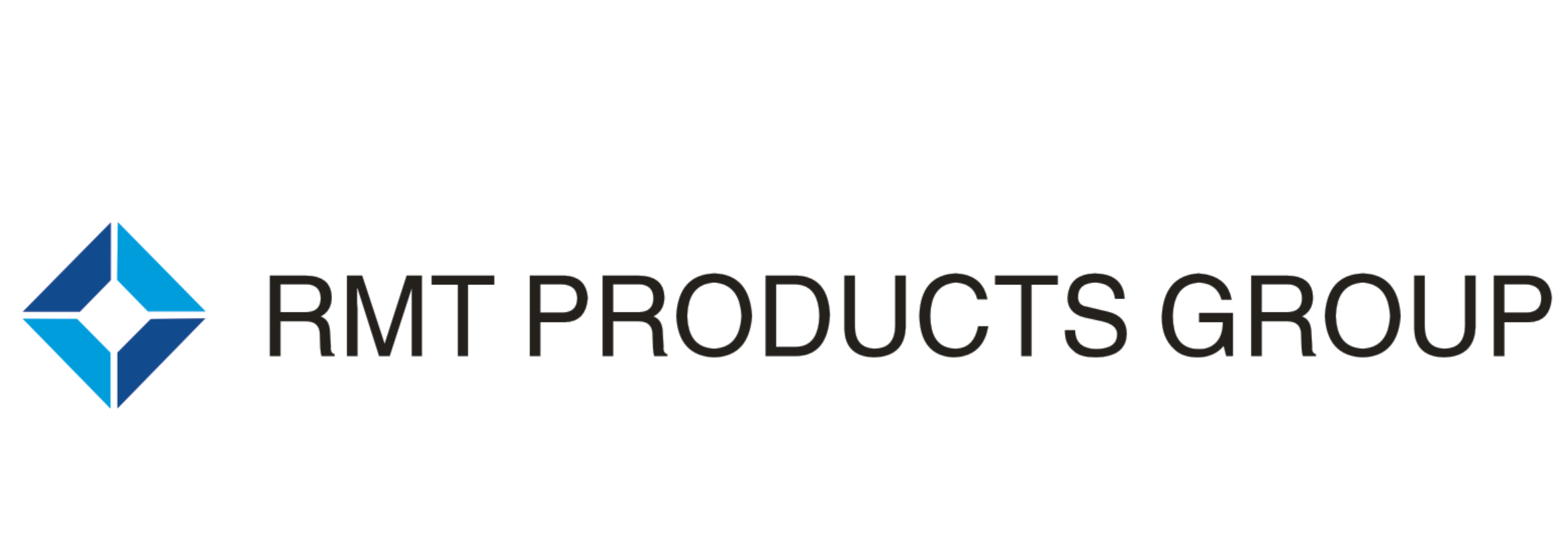
 EN
EN
 AR
AR
 BG
BG
 HR
HR
 CS
CS
 DA
DA
 NL
NL
 FI
FI
 FR
FR
 DE
DE
 EL
EL
 IT
IT
 JA
JA
 KO
KO
 NO
NO
 PL
PL
 PT
PT
 RO
RO
 RU
RU
 ES
ES
 SV
SV
 IW
IW
 LV
LV
 SR
SR
 SK
SK
 UK
UK
 GL
GL
 HU
HU
 TH
TH
 TR
TR
 FA
FA
 GA
GA
 CY
CY
 EU
EU
 BN
BN
 BS
BS
 LA
LA
 NE
NE
 SO
SO
 KK
KK
